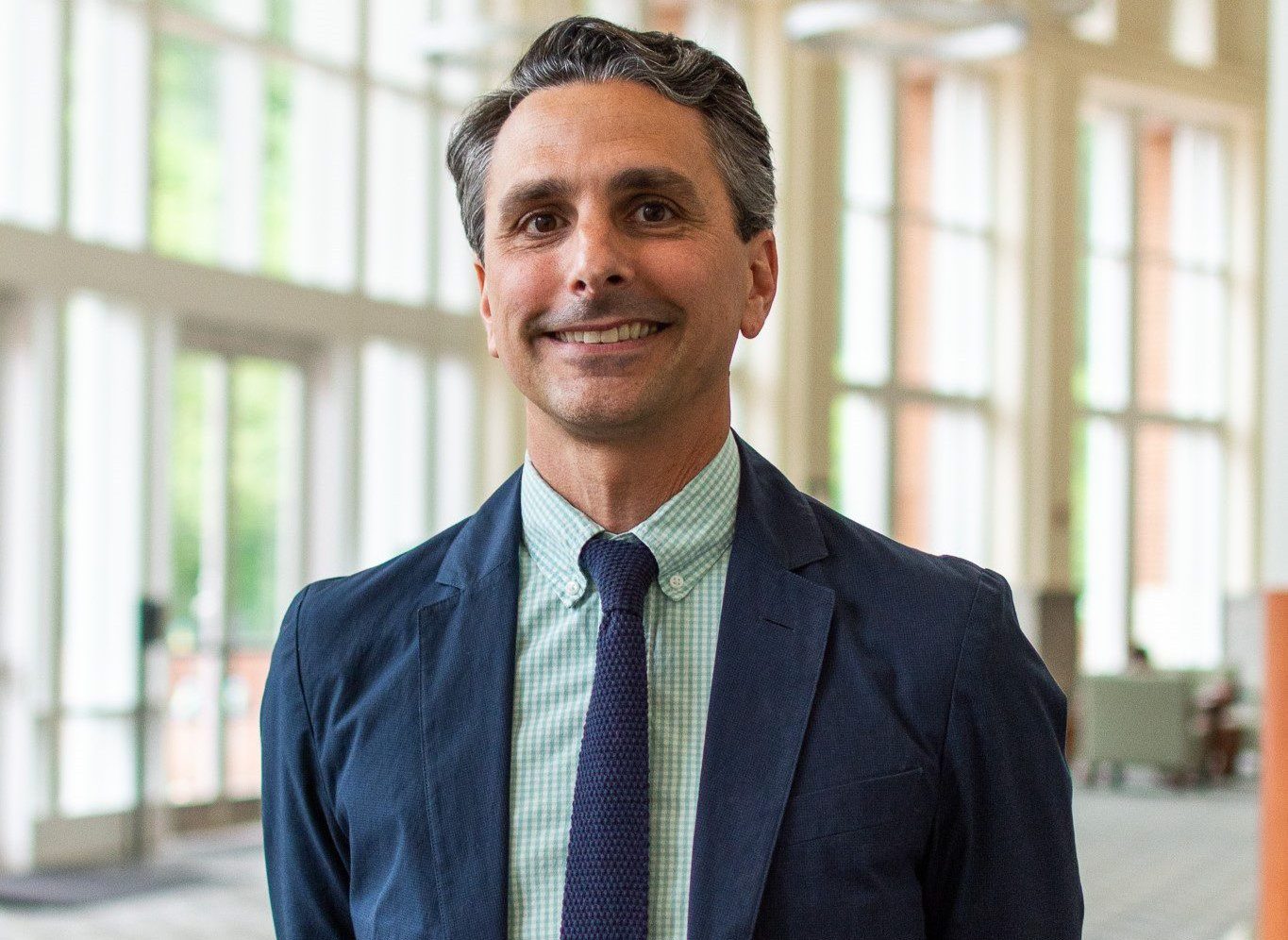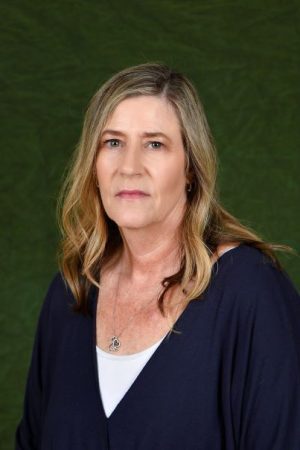CoA+A Research Support
The College of Arts + Architecture provides a variety of resources to support faculty, staff, and students in the pursuit of scholarly research as well as the pursuit and management of extramural funding. Team members the Division of Research and within the college provide education, consultation, communications and other services in support of our faculty’s research goals. We also engage with other research-related counterparts across the campus. In these ways, we aim to address our Strategic Planning goals and the university’s mission to facilitate the growth of faculty research and creative practices.
CoA+A Faculty Research grants
The College of Arts + Architecture (CoAA) Faculty Research Grants (FRG) Program sponsors an internal research grant program designed to support well-defined ongoing and new research. The program’s goals are: (1) to provide support for research projects critical to faculty reappointment, tenure, and promotion (research projects that will result in new creative productions and publications); and (2) to strengthen and increase future competitive external funding proposals.
A subset of the CoAA Faculty Council will comprise the review panel and will rank all proposals blindly before sharing their recommendations with the Associate Dean for Research. Proposals must fully comply with all guidelines, procedures, and deadlines. Noncompliant proposals will not be reviewed. The CoAA FRG Program covers a period of 12 months aligning with the University’s fiscal year. Funds for the 2026-27 CoAA FRG Program will be available starting on 1 July 2026 and must be expended by 1 May 2027. Budgets may be reduced depending on available funds and merit of the proposals submitted. The grant budgets can propose up to a maximum of $8000 per project; including up to $4000 stipend. Joint proposals are eligible for $12000 per project with each co-Principal Investigator taking a stipend of $4000 if they so choose.
Proposals for funding through the 2026-27 CoAA FRG Program are due by 5:00 p.m. on 1 March 2026. Proposals must follow the guidelines and be uploaded as a single PDF file to the proposal submission form linked below. See full guidelines and application form for full instructions below. Applicants whose proposals are approved for funding will be notified by 15 April 2026.
Eligibility:
- Full-time tenure-track and tenured faculty.
- Joint proposals are eligible only if both faculty members are in the CoAA.
- Faculty who initiate phased retirement progress during an awarded grant period must forfeit unused FRG funds.
- One proposal per faculty member per grant cycle. A faculty member may submit one individual or joint proposal during a funding cycle.
- Only one grant may be held in a two-year period, if the required submission of an external funding application has been completed.
Requirements:
- All funded faculty must submit an external funding proposal before applying for another CoAA Faculty Research Grant, with the understanding that only one FRG may be held in a two-year period. The external proposal does not have to be funded or directly related to the awarded CoAA FRG project.
- Awards duplicated during the award cycle by outside granting agencies will be returned to the CoAA research fund.
- Funds are released only after all relevant compliance approvals (IRB, IACUC, etc.) are submitted and approved.
- A Final Report is due to the Associate Dean for Research two months after the award period ends. Submission of this report is required for future eligibility.
Proposals for funding through the 2026-27 CoAA FRG Program are due by 5:00 p.m. on 1 March 2026.
Additional support resources
Research support Faculty & Staff




Interim Director
Office of Research Services and Senior Assoc. Director, Proposal Development



COLLEGE OPPORTUNITIES
CoA+A Research Centers/Labs/Libraries: The College of Arts + Architecture supports research spaces to promote the depth of faculty and student scholarship and most importantly to provide opportunities to collaborate with partners in creative thinking and expression. Many times these spaces help foster the development of faculty research teams that apply for large research grant initiatives. The directors, physical spaces, and other materials are available to support faculty research related to the unique focus of each center or lab.
- Center for Community Heritage and the Arts (CHArt)
- Digital Arts Center (D-Arts)
- Design Lab (designLAB)
- City.Building.Lab
- Integrated Design Research Lab (IDRL)
- Hight Architecture Library
ArtXSci: The UNC Charlotte Art and Science Initiative (ArtXSci) foster collaborations between faculty in CoA+A and scholars in STEM fields with the goal of cultivating active/intensive exchange and sustained dialogue among those engaged in artistic and scientific inquiry within the University and Charlotte. These were first introduced in 2022 and we hope to provide a Request for Proposals in 2023. So, now is the time to begin thinking about a possible proposal.
CoA+A Research Fund: CoA+A Funding program is designed to provide initial financial support to faculty and staff to develop research and/or creative projects that would otherwise be difficult to initiate. Given the college’s recent “New Global South” initiative, this funding opportunity is being updated and additional information will be provided soon.
Vibrant Ecologies of Research Online Peer-reviewed Art+Design Research Journal: In this special collection of Ground Works, artists and designers explore “vibrant ecologies of research, deepening our understanding of the institutional, social, and epistemological systems that effectively weave arts-based inquiry into the scholarly fabric of research.” Learn more about this publication venue for our faculty.
Reassignment of Duties University Policy: View the policy here.
PROPOSAL DEVELOPMENT RESOURCES
Writing letters of inquiry
Today most foundations prefer a proposal letter or a letter of inquiry rather than a full grant application. They do this in order to ensure a researcher’s topic aligns with their giving priorities.
- How to Write a Winning LOI (Provided by GrantWriterTeam.com)
Writing Grant Proposals
- Guide for Writing a Funding Proposal: Prepared by S. Joseph Levine, Michigan State University; provides hints and examples of each proposal section.
- Grantspace.org Proposal Writing Courses: Courses include Introduction to Proposal Writing and Proposal Writing Boot Camp. They also offer a Government Funding: Writing the Proposal self-paced course, and a Guide to Proposal Writing Audiobook. The costs for the courses varies, but some are free.
- All About Grants Podcast: Although prepared by the National Institutes of Health, there is a wealth of information here that can be applied to any proposal. Topics include “Telling Your Story,” “Using Plain Language for Application Titles, Abstracts….,” “Budget Basics,” “Human Subjects Risk and Protection,” “Grant Writing for New Investigators,” and “Assembling the Right Team.”
- IES Research Funding Opportunities On-Demand Webinars: The Institute of Education Sciences hosts a series of on-demand webinars for those interested in their funding opportunities. The webinars are presented by the National Center for Special Education Research (NCSER) and the National Center for Education Research (NCER). Webinars include IES Grant Writing Workshop, Research Training Programs in the Education Sciences, and NCSER Research Training for Early Career Development and Mentoring. Both the video and the transcript is available.
- Grant Writing Tips Sheets by the National Institutes of Health: Prepared by the National Institutes of Health, but provides valuable tips for preparing/writing a proposal to submit to a federal agency.
- Education Resources Information Center (ERIC): ERIC provides a comprehensive, easy-to-use, searchable internet-based bibliographic and full-text database of education research. The information is used by educators, researchers, and the general public.
Resources for New Faculty
For new faculty, Hanover Research has shared a recording and slides from their November 2022 Webinar – Funding Landscape for Early Career Research. They each cover some topics of interest, such as:
- A review of major federal and foundation grant programs designed to support early career faculty research
- Major trends and themes among early career faculty grant programs
- Strategies for identifying the best fit opportunities for your experience level and field
- What a 5-year research plan might look like
Resources for Working with Students
- Resources for Mentoring Graduate Students
- Training for Mentoring Graduate Students
- Authorship Guidelines for working with Students
- Mentoring Undergraduate Students
- Ninercare – Guidelines for reporting concerns for students
Other Resources
- The Carolina Population Center, a population research center located at UNC-Chapel Hill, recently opened a branch of the Triangle Federal Statistical Research Data Center, which is part of the Federal Statistical Research Data Center (FSRDC) program. The RDC is free for all researchers (faculty and graduate students) affiliated with a UNC System school. Under this program, the Census Bureau allows researchers with approved proposals to perform statistical analysis on non-public microdata from the Census Bureau’s economic, health, and demographic censuses and surveys. These datasets are among the largest and most important sources of statistical information in the U.S. and many of them can only be accessed through a FSRDC.